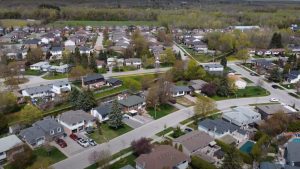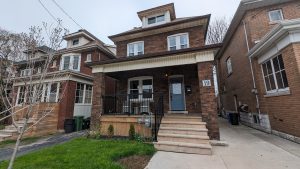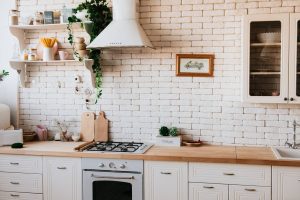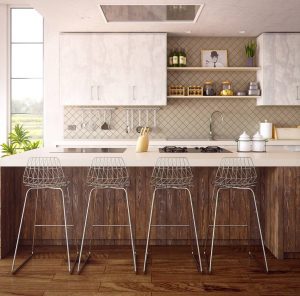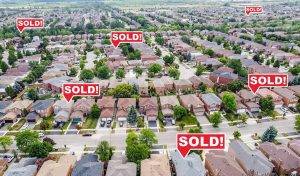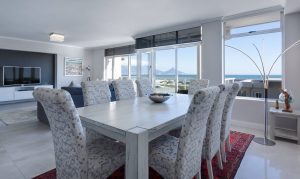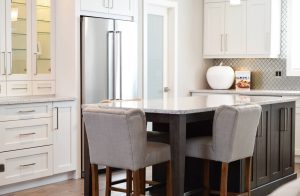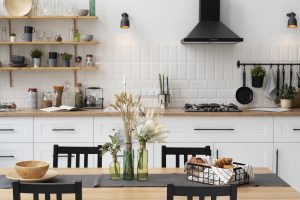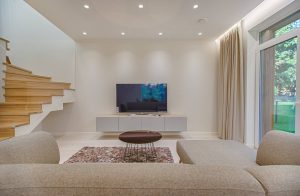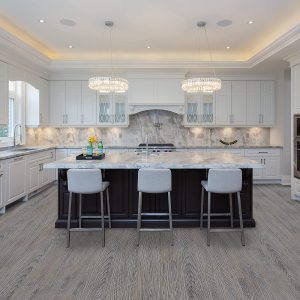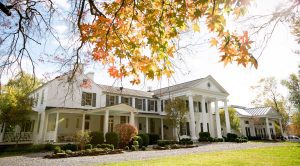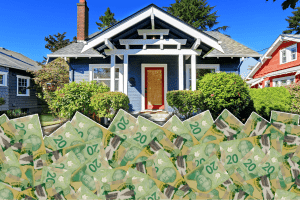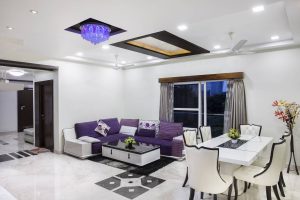Demystifying Duplexes: Your Comprehensive Guide
Inquisitive clients often ponder, “What is a duplex?” The term can indeed be perplexing, as it is frequently used interchangeably with rental apartments, legal apartments, and accessory apartments. Nonetheless, a duplex is distinct from a semi-detached home.
Let’s delve deeper into this topic.
Understanding Duplexes
In its simplest form, a duplex is a multi-family residence consisting of two units within a single building. These units can be situated side-by-side (horizontally) or stacked on top of each other (vertically).
A critical distinction lies in the fact that a duplex has a single owner. Consequently, duplex buildings are equipped with separate entrances for each unit, allowing tenants to go about their daily lives without encroaching on the other unit’s space.
A common example of a duplex is a bungalow. Many detached bungalows from the 1950s feature a side entrance, making them ideal for conversion into two distinct units. These two separate living spaces are typically similar in size.
Is a Family Living in the Basement Considered a Duplex?
The answer depends on the arrangements. If the family merely occupies the basement and shares the rest of the house with you, it does not qualify as a duplex. However, if the family has its own kitchen, bathroom, and is treated as a completely separate dwelling, then it is indeed a duplex. Labels like “granny suite,” “accessory apartment,” or “legal apartment” are often used, but what truly matters is whether there are two distinct units.
Differentiating Duplexes and Semi-Detached Homes
A semi-detached house, commonly referred to as “semi‘s,” comprises two distinct homes with separate owners and lots connected by a single shared wall, built side by side.
In contrast, a duplex is a property with two distinct living spaces on a single lot, owned by one individual. Typically, duplexes are used by investors or individuals who rent out a portion of their home. Since a duplex has one owner and two units, one unit must be rented and cannot be sold.
Semi-detached homes offer an attractive alternative to detached homes, providing homeownership, a yard, and size comparable to detached homes at a more affordable price.
Can Anyone Convert Their Home Into a Duplex?
In the past, when municipal and provincial bylaws and building codes were less stringent, it may have been possible. However, in today’s context, this is not legally permissible. Creating two units within a home involves adhering to safety standards, building codes, and proper planning.
In university towns like Guelph, where properties around the university were often converted for student housing, it is not uncommon to encounter homes with six or seven bedrooms split into two units. However, these conversions are often illegal and pose significant safety hazards. In the event of a fire, home insurance claims may be denied, making it a perilous venture.
To legally add secondary units to a home, it is essential to consult the City of Guelph Building Department. In fact, Jesse and his brother personally created a legal basement apartment in their own home, chronicling the process in a popular blog post—a practice commonly referred to as “house hacking.”
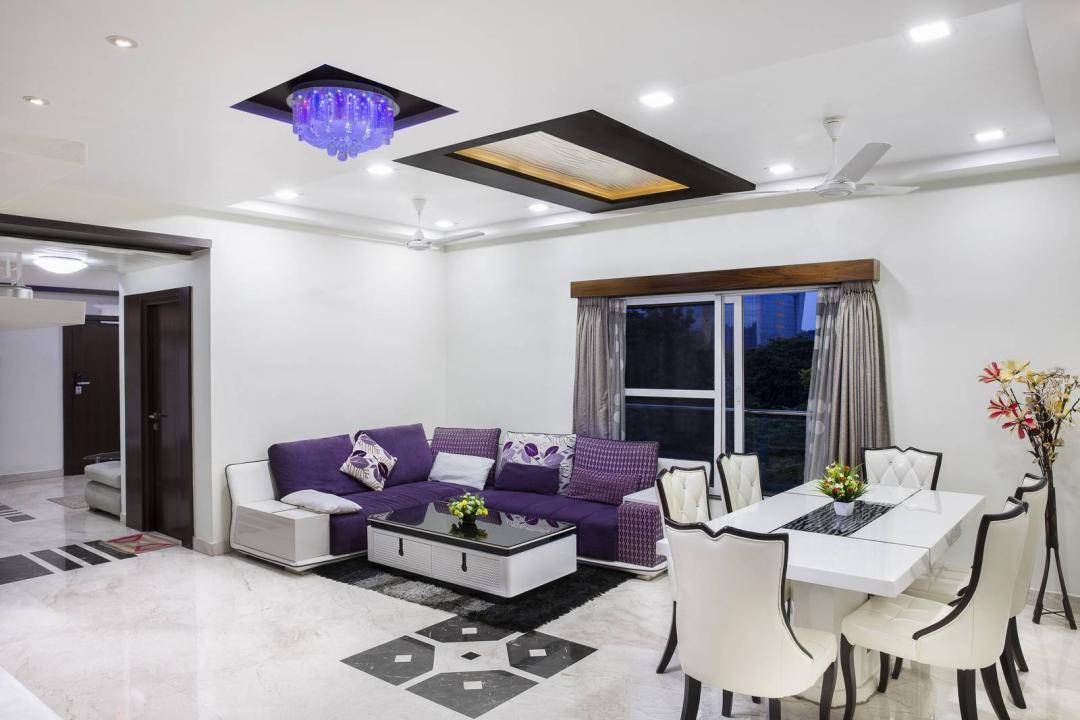
Understanding Legal Non-Conforming Duplexes
A legal non-conforming duplex arises when the current use of a property is not permitted under the current zoning by-law but was allowed under a previous by-law when the secondary unit was established. For example, a house built in the 1920s might have been divided into upper and lower units in the 1960s.
Such properties often lack clear division between units, which may pose safety concerns. It is important to note that altering the layout of a legal non-conforming unit can nullify its status. Therefore, it must remain as originally configured.
To ascertain whether a property is legally non-conforming, it is advisable to seek confirmation from the municipality. This may involve examining historical city approvals or obtaining current confirmation of its legal non-conforming status.
Exploring Triplexes
As the name suggests, a triplex is a property consisting of three units under the ownership of a single individual. Triplexes are less common than duplexes and typically involve three separate dwelling spaces sharing one or two common walls. Each unit in a triplex is self-sufficient, with its own kitchen, bathrooms, and living area. However, there may be instances of non-conforming uses that deviate from this standard.
Like duplexes, triplexes usually feature separate external doors and individual unit numbers or addresses. In Guelph, residential zones did not typically permit triplexes or larger properties, unless they were deemed legal non-conforming. However, with the Ontario Homes Built Faster Act, options such as triplexes and tiny homes may now be feasible.
Pros and Cons of Buying a Duplex vs. Semi-Detached or Other Single-Family Homes
If you are contemplating the purchase of a duplex, consider the following advantages and disadvantages:
Pros of Owning a Duplex
- Increased Mortgage Qualification: Lenders may consider the potential income from the rental unit, which could enable you to qualify for a larger mortgage. Typically, 50% of the rental income generated is factored into the qualification.
- Market Entry: In a market where the average home price has risen substantially, a duplex provides an opportunity to enter the market. While it may not be your forever home, it allows you to pay off a mortgage.
- Long-Term Benefits: Viewing a duplex as a 3-5 year investment plan can yield long-term benefits. It allows you to build equity, pay down the mortgage, and potentially keep the duplex as a rental property for retirement planning.
- Continuous Rental Income: With rent prices on the rise, owning a duplex often guarantees a steady stream of rental income, which can support your financial goals.
- Tax Benefits: Rental properties offer tax advantages related to mortgage interest, repair, utility, and insurance costs. Consult with your accountant to maximize these benefits.
- AirBnB or Short-Term Rentals: The growing market for short-term rentals, such as Airbnb, presents an opportunity for additional income. While it requires effort, it can be a lucrative option.
- Landlord Experience: Owning a duplex provides a valuable crash course in becoming a landlord, particularly if you aspire to invest in real estate in the long term.
Cons of Owning a Duplex
- Landlord Responsibilities: Being a landlord entails understanding landlord-tenant laws, adhering to the Ontario Standard Lease, and tenant screening. While services can assist with these tasks, personal involvement can be reassuring.
- Repairs: Older duplexes may require substantial repairs. It is crucial to have the financial means and proactive approach to address these issues promptly.
- Limited Availability: Duplexes are not abundant in all areas. Consulting a Guelph real estate agent familiar with neighborhoods based on realtor maps can help identify suitable locations.
- Lower Appreciation and Demand: Duplexes may not appeal to all homebuyers, which could result in longer periods on the market compared to single-family homes.
Is a Duplex a Good Investment?
The answer depends on your intentions. Do you plan to reside in one unit and rent the other, or are you looking to purchase an investment property in Guelph and rent both units? Your goals should dictate your approach.
In a market where detached homes are becoming more affordable, homeowners who initially required duplexes may reconsider their options. However, for many buyers, particularly first-time buyers, a duplex remains a viable means to make their finances work.
If you intend to live in one unit and rent the other, it can be a favorable investment. For example, if the property costs $3,000 a month to own and the other unit rents for $1,800, you can cover over 50% of your monthly costs.
For those purchasing a duplex as an investment property, thorough research is essential. First, ensure it is a legal duplex and not an illegal conversion.
How to Determine If a Duplex Is Legal
The distinction between a legal and illegal duplex lies in municipal inspections and approvals. The property should have undergone inspections by Guelph electricians to ensure safe wiring, Guelph plumbers to confirm plumbing compliance with codes, and final approval from the City of Guelph for the two units.
Additionally, it is crucial to evaluate whether the property will be cashflow positive at the purchase price. “Cashflow positive” implies that the rent generated is sufficient to cover all monthly ownership expenses. Be meticulous in accounting for all expenses, such as mortgage, insurance, repairs, taxes, potential vacancies, condo fees, and utilities, while also considering the rental income you can realistically achieve.
In conclusion, understanding the nuances of duplexes, legal non-conforming duplexes, and their potential as investments is vital when navigating the real estate market in Guelph. By making informed decisions, you can make the most of the opportunities presented by these unique properties.

